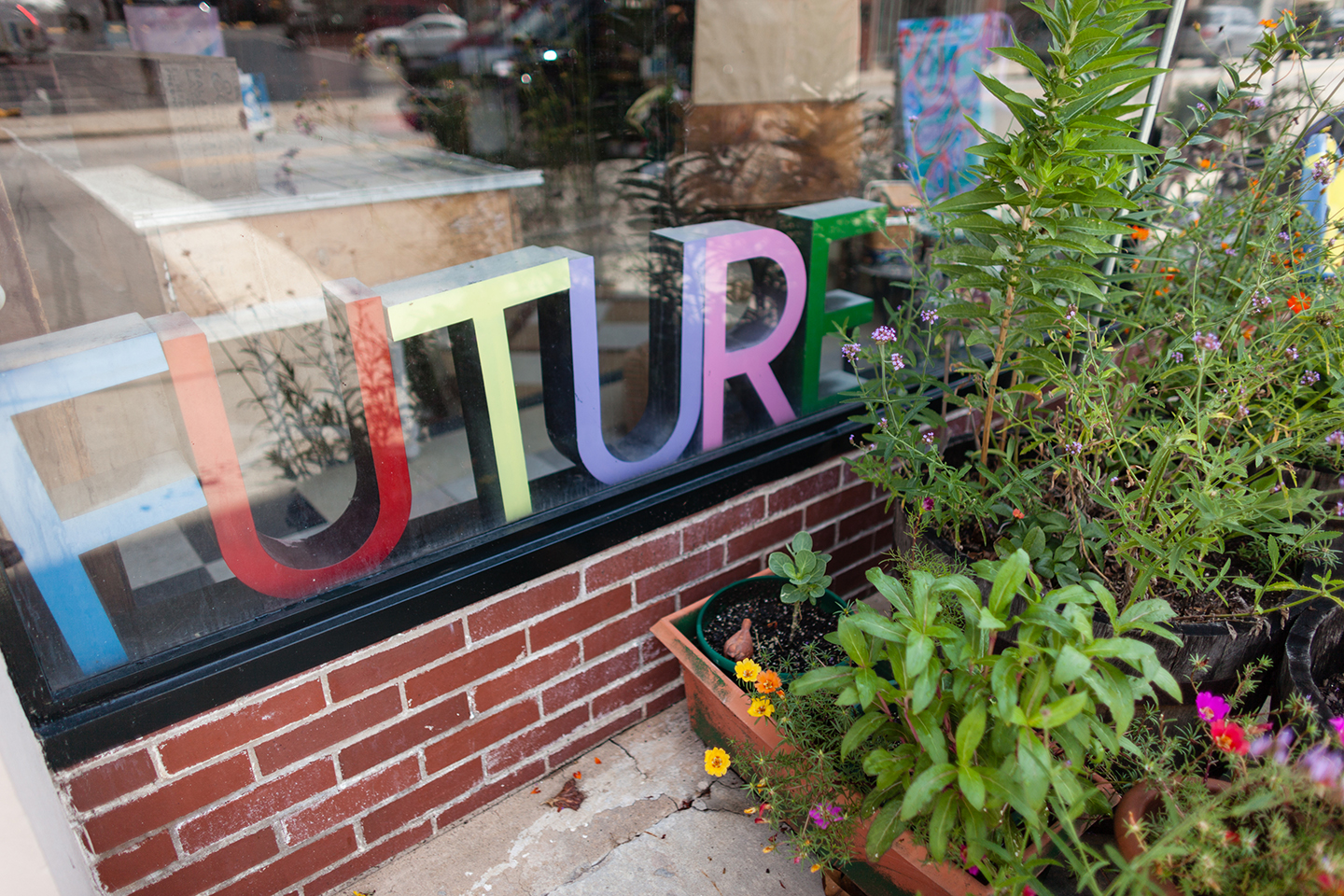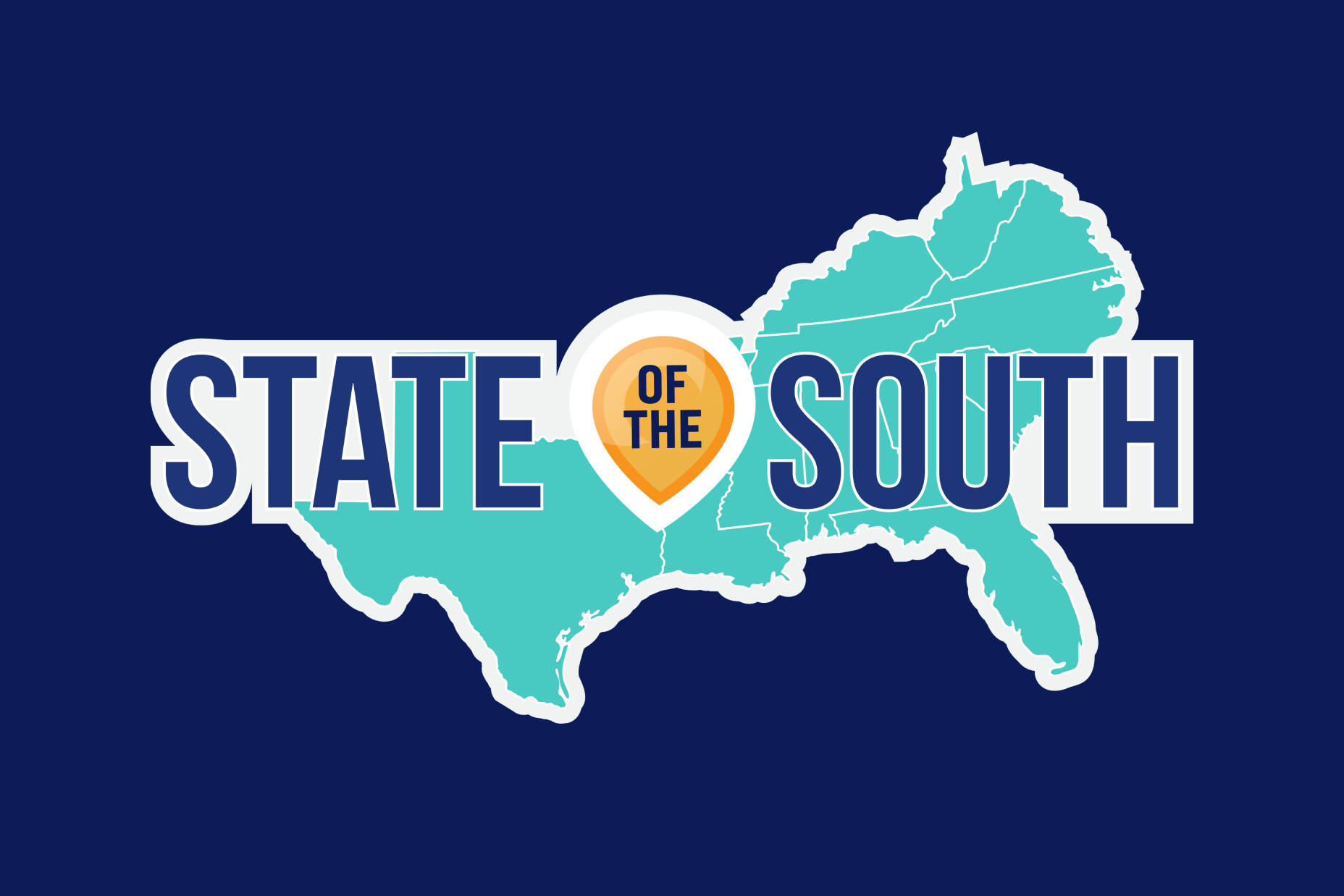State of the South 2007: Philanthropy as the South’s Passing Gear
Jan 18, 2018

Ten years ago, MDC’s report, The State of the South 2007: Philanthropy as the South’s “Passing Gear,” examined how philanthropy can accelerate progress toward a South that is both equitable for all its residents and competitive with other regions of the country.
A decade later, our second iteration, commissioned by the Southeastern Council of Foundations, explored what has changed in terms of data, landscape, and philanthropic capacity and activity in our region.
It identifies opportunities where Passing Gear philanthropy can drive us far past the status quo.
David Dodson announces report findings to the Southeastern Council of Foundations
Overview
The original Passing Gear report leaned heavily on data about the current state of the South and the trends that were then shaping its future. That data—and the recommendations made to both respond to and shape it moving forward—sparked years of conversation, deeper research and ongoing questions about philanthropy’s role throughout our region.
Since then, several foundations intentionally applied Passing Gear principles to their work, reshaping their roles and significantly transforming systems, attitudes, and outcomes.
Now we find the region’s population is growing and becoming increasingly diverse, but for many, that growth and diversity has not coincided with prosperity. In every state, people of color experience poverty at double or even triple the rate of whites, and educational attainment—a predictor of economic success—shows a similar disparity.
The environment in which the South’s residents live has been troubled, especially in recent years. We have seen the devastating impacts of the Great Recession, numerous natural disasters, violent acts rooted in hatred, and growing divisions—political and otherwise—in our society. However, the South is not unique in its environment and, perhaps, is now more aligned with the experiences and the psyche of the rest of the nation than at any other time in its history.
We do not have time, however, to dwell on the negative. Too much is at stake, and our role as philanthropists is to use the resources we have now to drive positive change. Thankfully, the
South is growing with human, intellectual, technological, and institutional capital, tools that can and should undergird a new era of shared prosperity and a robust society.
The past decade has seen a growth in philanthropic capital in the region that can be applied to improve our current state. Since 2007, the number of foundations in the region has grown from 13,260 to 15,439, and philanthropic assets from $76.4 billion to $98.5 billion. More importantly, we’ve witnessed evolutions in philanthropy that show us the progress that is possible, even in the face of significant challenges.
In this report, you’ll read many stories of courageous funders who have embraced their role as Passing Gear philanthropies and, in doing so, are delivering transformative outcomes for
communities across the region. They have overcome divisions, elevated thinking inside and outside their organizations, used data as a powerful tool for building consensus, aligned efforts among many players, and increased the speed and power of change. Their stories and voices represent a revolutionary mindset within philanthropy that is beginning to accelerate
progress in the South.
That acceleration can only continue, however, if these individual efforts become emblematic of a collective effort by grantmakers who are courageous, who recognize the potential of this
moment, and exert the strong leadership required to turn ideas into actions, and actions into results.
We can identify opportunities where Passing Gear philanthropy can drive us far past the status quo. The question that remains is, what are we willing to fight for? With the fate of lives and communities hanging in the balance, no question is more important—and no answer more critical.





